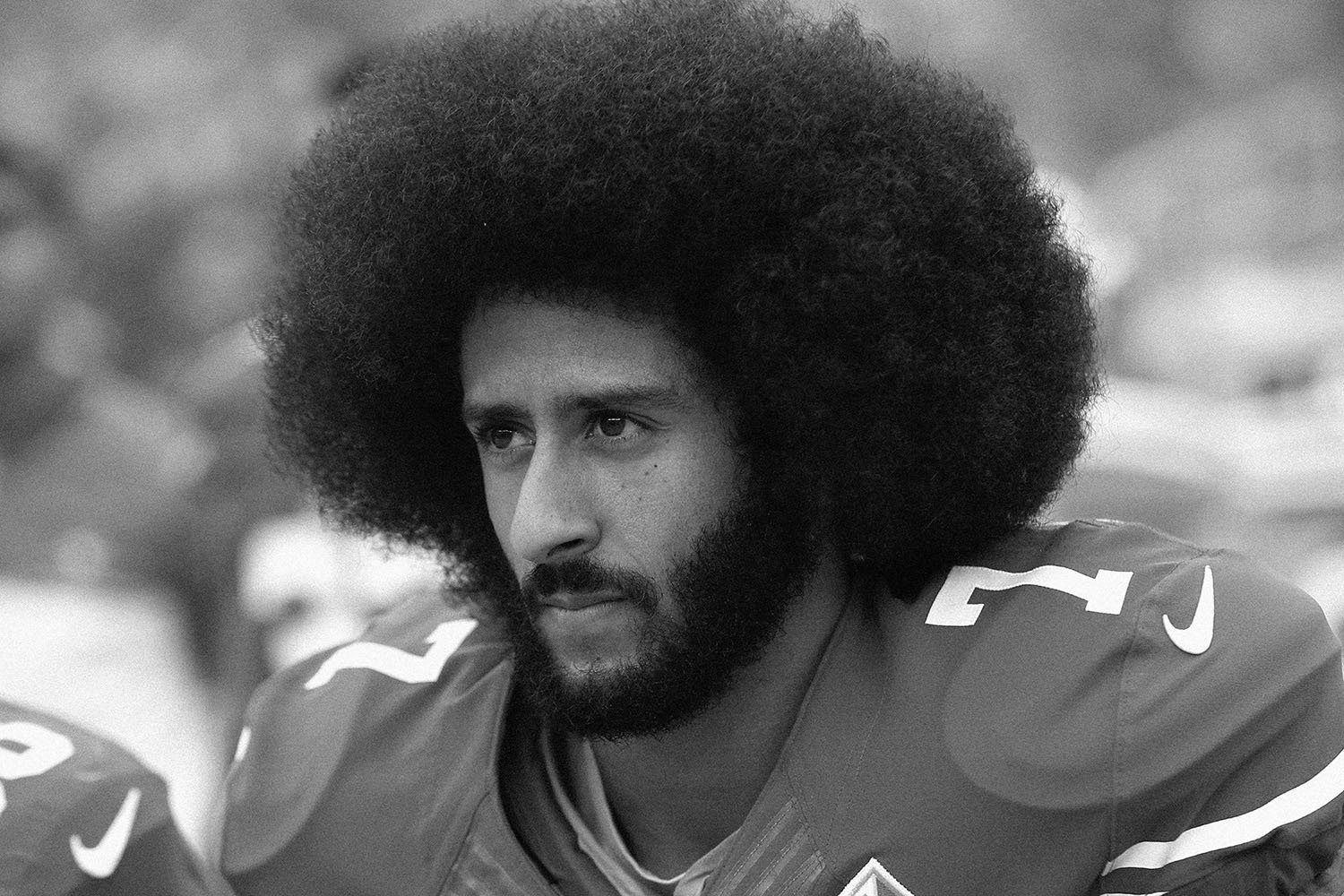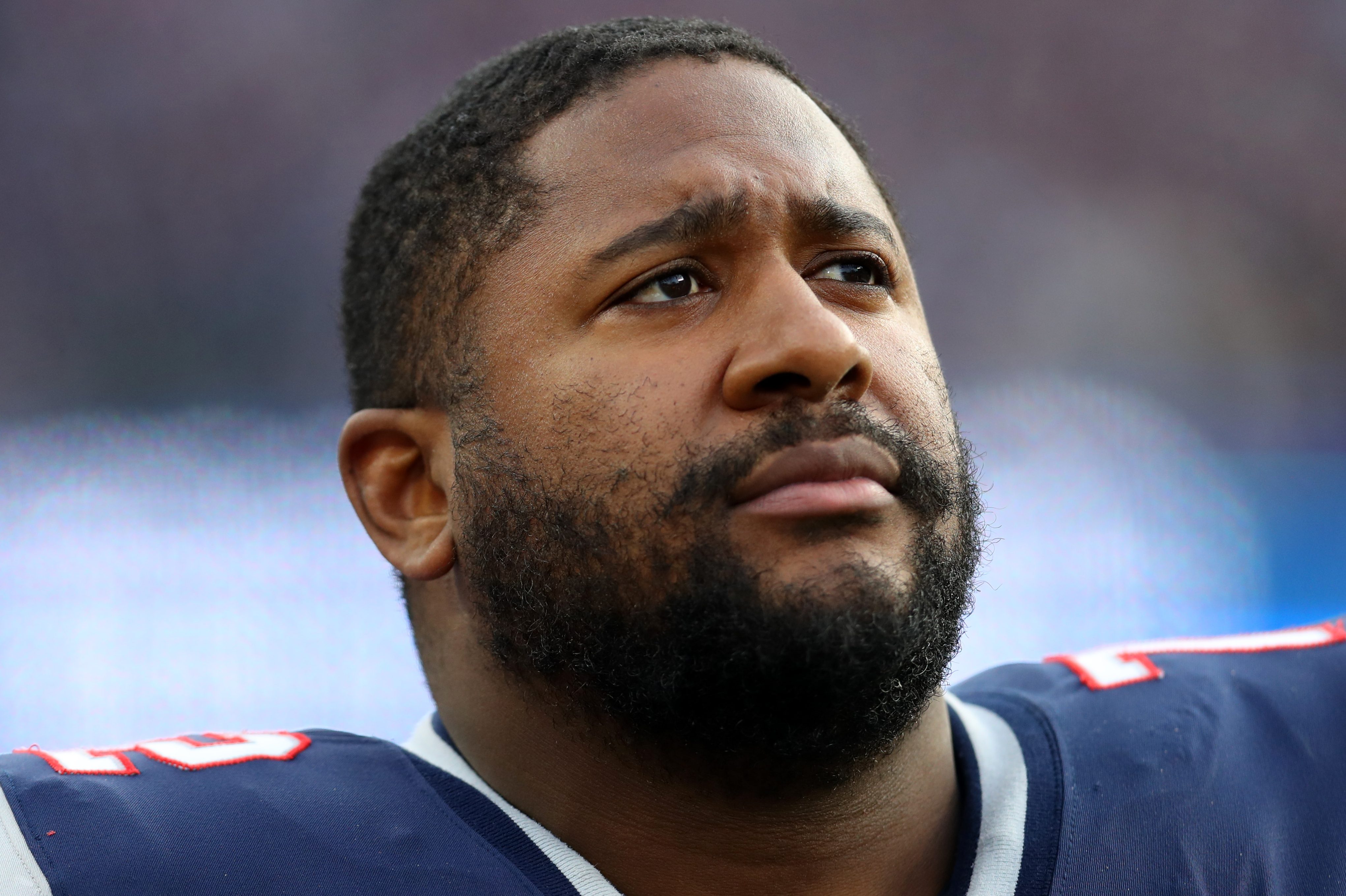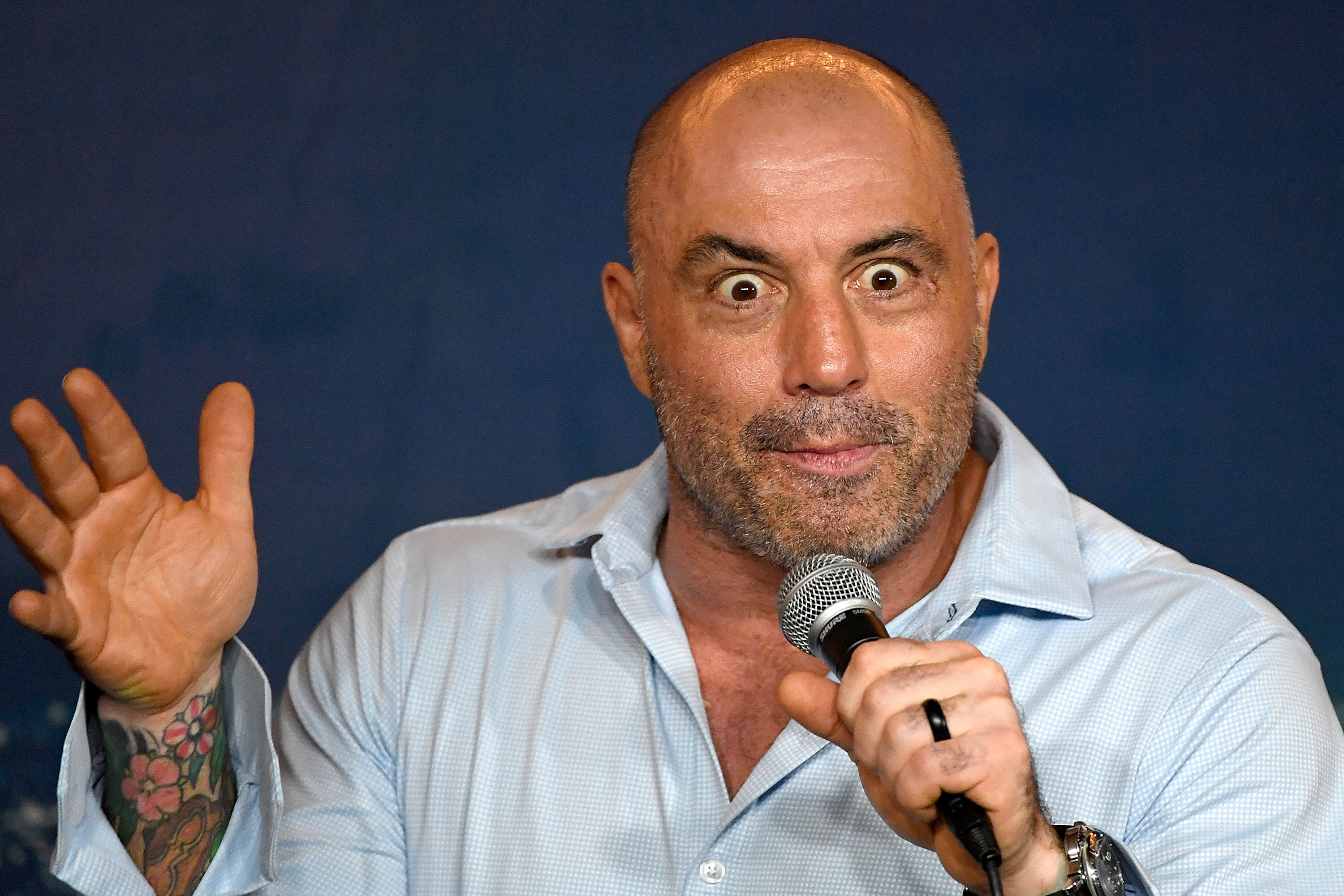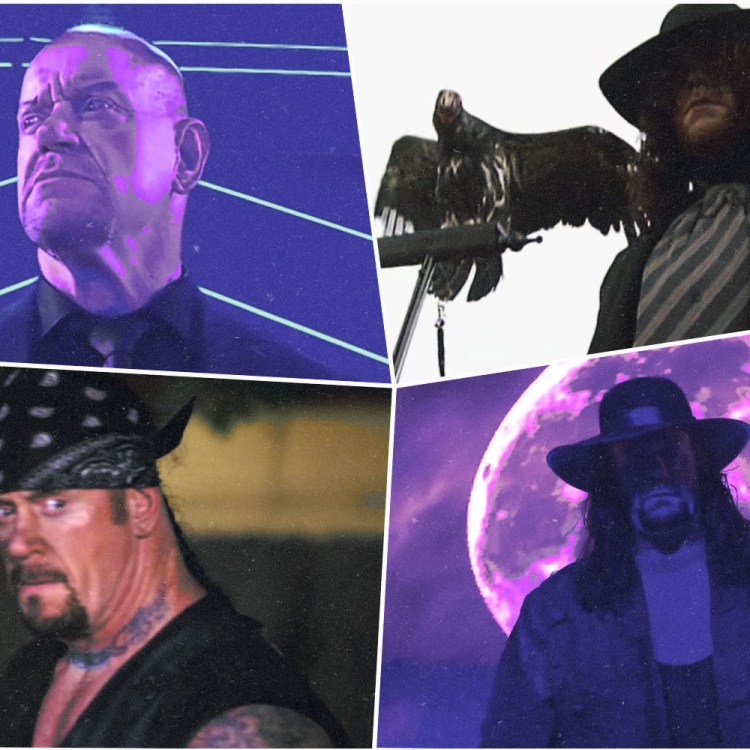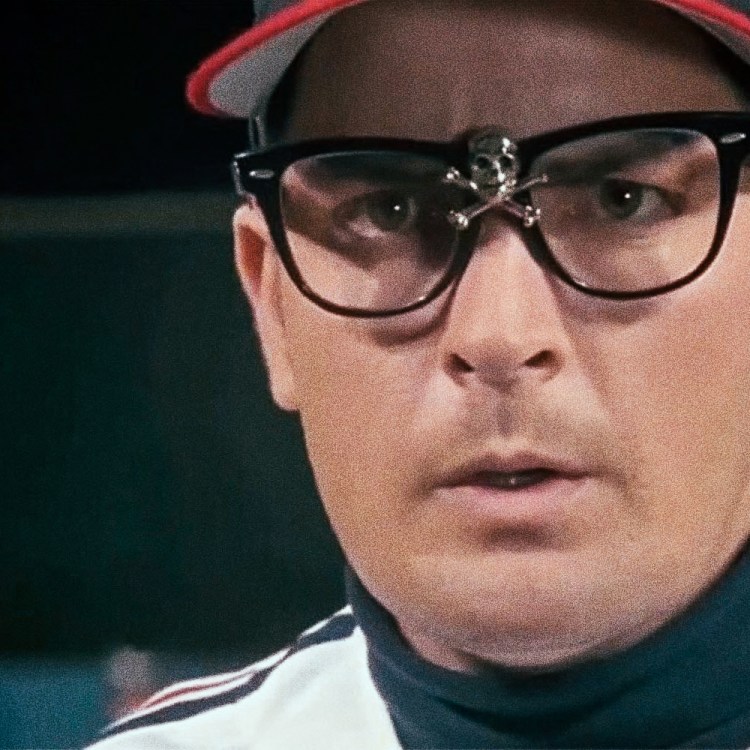On Tuesday afternoon, the FBI released a statement declaring it had determined the noose found hanging in the garage of Black NASCAR driver Bubba Wallace had been there long before it was discovered over the weekend. Based on that conclusion, the Bureau announced that a hate crime targeting Wallace had not taken place.
Predictably, after the incident was dubbed as “fake noose,” those corners of the media that had already suggested the mix-up was a publicity stunt took their victory laps (noted foot-in-mouth merchant Curt Schilling went so far as to compare the situation to actor Jussie Smollett’s fraudulent hate crime from 2019).
In their narrow view, since a hate crime was not committed in this particular instance, NASCAR — which has the whitest viewership in all of American pro sports, at an estimated 94 percent — is exonerated from accusations that it has a racism problem, and to think otherwise is to buy into a false narrative drummed up by the media.
Of course, that view ignores that the pull rope found in Wallace’s garage, though it was not directed at him, was, in fact, tied to resemble a noose.
“Although the noose [emphasis ours] is now known to have been in garage number 4 in 2019, nobody could have known Mr. Wallace would be assigned to garage number 4 last week,” the FBI said in its report. Wallace also confirmed what had been found during an interview on CNN. “It was a noose,” he said. “Whether tied in 2019 or whatever, it was a noose. So, it wasn’t directed at me, but somebody tied a noose.”
Given NASCAR’s past and recent history with race, it’s perfectly logical the member of Wallace’s crew who found the noose assumed it was meant as a message to the auto racing series’ only Black driver. After all, this is the same organization that only just banned the display of Confederate flags at its events, and the only sport with enough of a relationship with those flags to necessitate issuing a ban in the first place — which is already being ignored:
It’s also the same organization that saw one of its top young drivers, Kyle Larson, get fired for using a racial slur (the N-word) during a live stream of a virtual race just two months ago. And NASCAR is also where, partially as a response to the civil rights movement, winners at Darlington Raceway in South Carolina in the ’60s would take a victory lap with a person in a Confederate uniform — Johnny Reb — riding on the hood waving the Stars and Bars.
But, vitally, it’s also the same sport that saw 39 of its drivers band together as one on Monday in a show of solidarity with Wallace at Talladega Superspeedway, pushing his No. 43 car to the front of the line as he steered from the driver’s seat.
It was a sincere and powerful scene, even if the incident that prompted it turned out to be quite different than first appeared. It was also a moment that validated the fears Wallace’s camp — and every other team that then accompanied them down the racetrack — had upon finding the rope. If NASCAR didn’t have a racism problem, Wallace’s peers wouldn’t have eagerly and resolutely rallied around him for the sport’s fanbase and the world at large to see.
In a tweet on Wednesday afternoon, Wallace shared similar sentiments.
Misunderstanding or not, the episode brought very real issues within the world of auto racing to the surface (see also: the existence of the Drive for Diversity initiative). The racism deniers can count the “fake noose” as a win, but ultimately, history — and the same drivers they revere — will be against them.
This article was featured in the InsideHook newsletter. Sign up now.

